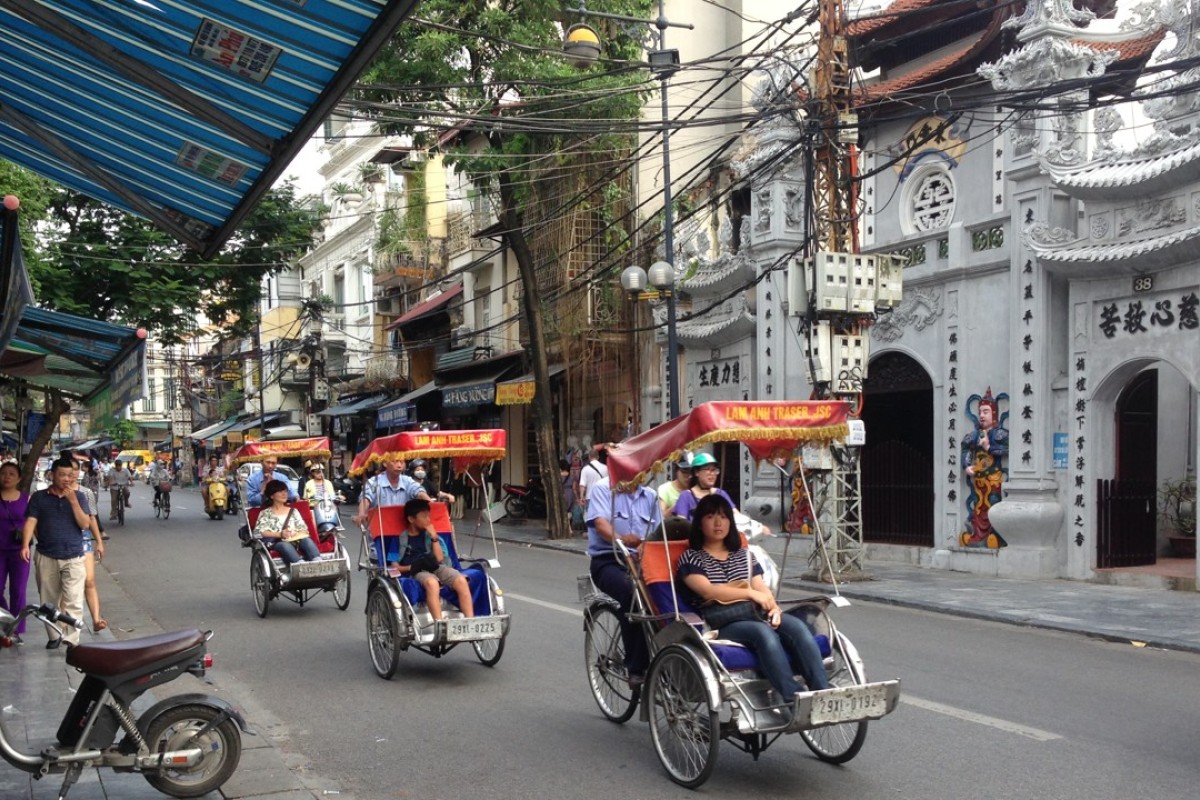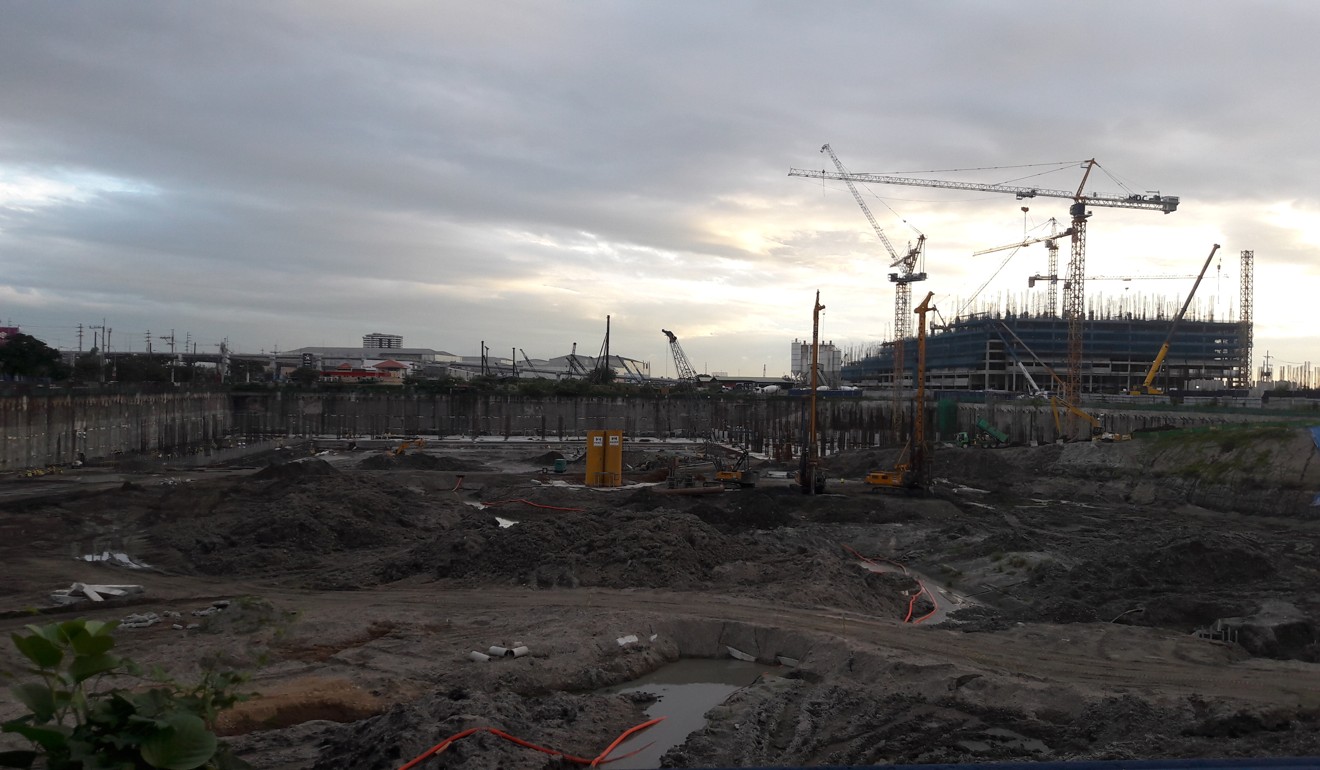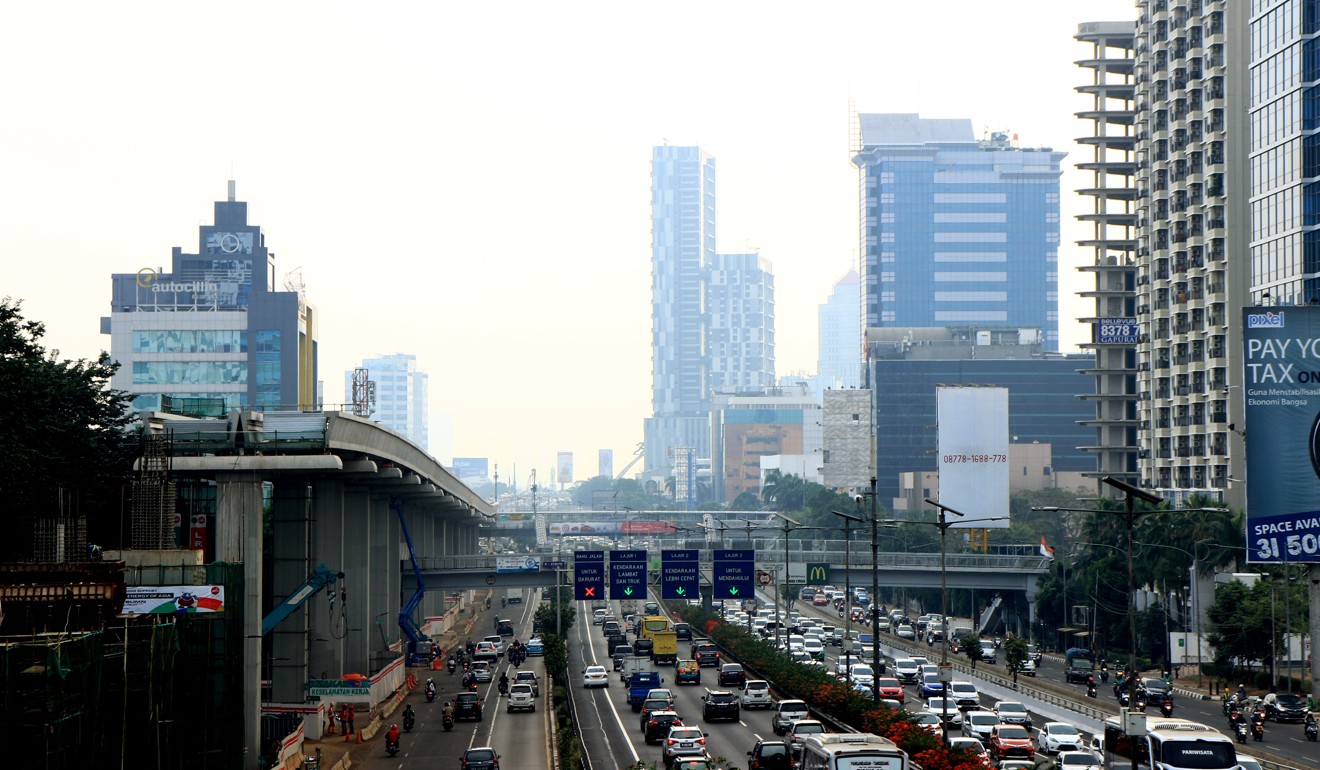BY KARIM RASLAN
 President Donald Trump is a game-changer and in so many ways. While Southeast Asia rarely features on his agenda, the Trump-initiated “trade war” could well end up resetting global manufacturing and the all-important supply chains as exporters seek to lessen their exposure to China. For the three giants of Asean (Association of Southeast Asian Nations) with populations of over 90 million – Indonesia, the Philippines and Vietnam – this could be a major opportunity. Essentially, each of the three is vying to attract industrial investment and the attendant employment. To date, Vietnam has been the most successful. Indeed, Samsung, the world’s largest smartphone manufacturer, has invested over US$17 billion in Vietnam, contributing close to a quarter of Vietnam’s total exports of US$214 billion in 2017 alone.
President Donald Trump is a game-changer and in so many ways. While Southeast Asia rarely features on his agenda, the Trump-initiated “trade war” could well end up resetting global manufacturing and the all-important supply chains as exporters seek to lessen their exposure to China. For the three giants of Asean (Association of Southeast Asian Nations) with populations of over 90 million – Indonesia, the Philippines and Vietnam – this could be a major opportunity. Essentially, each of the three is vying to attract industrial investment and the attendant employment. To date, Vietnam has been the most successful. Indeed, Samsung, the world’s largest smartphone manufacturer, has invested over US$17 billion in Vietnam, contributing close to a quarter of Vietnam’s total exports of US$214 billion in 2017 alone.
Its two manufacturing plants – Bac Ninh and Thai Nguyen, located outside the capital of Hanoi – look like sprawling mini-cities as they spread across the Red River plain. And the facilities are huge – employing more than 149 000 people.
So, as the prospect of a major wave of industrial relocations from an increasingly expensive China becomes a reality, which of the three countries stands to benefit the most?
Sadly, the Philippines, with its clapped-out infrastructure, expensive energy and notorious bureaucracy, remains the outlier.
 The Philippines has lagged behind due to clapped-out infrastructure and bureaucracy. Photo: Handout
The Philippines has lagged behind due to clapped-out infrastructure and bureaucracy. Photo: Handout
Vietnam leads the pack. For example, in 2017 alone, Vietnam attracted US$35.88 billion in foreign direct investment whilst Indonesia, with nearly three times the population, trailed behind attracting only US$32.34 billion.
To my mind, there are four key issues determining national competitiveness.
The first is education. All three countries have millions of young workers. The challenge is matching the workforce to industry requirements. Whilst Indonesia and Vietnam both produce well over 100,000 engineers every year, their suitability for employment is often questionable. There is also a looming shortage of engineers expected in the next two to five years. According to the Institution of Engineers Indonesia, the industry will be short of 280,000 engineers by 2023. VietnamWorks, a leading online recruitment agency, forecasts a lack of 500,000 IT engineers in 2020.
Certainly, there needs to be greater emphasis on vocational training and placement based on the specific needs of industry.
The second issue is nationalism. This barrier to business is generally rhetorical and much used by elite players with entrenched interests to shut out competition.
Intriguingly, in Indonesia, more than 350 businesses in sixteen industries are on the government’s negative (or proscribed) list. By way of comparison, Vietnam’s communist government has limited the negative investment list to just fourteen strategic sectors which include broadcasting, import/export, airports and telecommunications.
 In Indonesia, over 350 businesses under sixteen industries are on the government’s negative (or proscribed) list affecting the infrastructure boom. Photo: Handout
In Indonesia, over 350 businesses under sixteen industries are on the government’s negative (or proscribed) list affecting the infrastructure boom. Photo: Handout
Whatever the case, governments need to be clear as to why certain sectors are excluded from foreign participation; is it a question of national security (defence industries) or preserving specific high-employment sectors (agriculture and food processing)?
The third issue is democracy. Contrary to what liberal western media argue, most investors could not give a damn about democracy and human rights – why else would hordes of American corporations have piled into the People’s Republic of China over the past few decades?
It is important to distinguish between the principles of democracy and the issue of legal certainty. Multinational corporations (MNCs) are more comfortable operating in markets that respect the sanctity of contracts and have relatively incorruptible legal systems (such as Singapore). The inverse is true when it comes to the countless administrative regulations that torment MNC managers in countries such as Philippines and Indonesia. Needless to say, their eradication could make a significant difference to business expansion.
The fourth issue is more nebulous – namely the question of national “character” and history. The Vietnamese endured more than thirty years of war – taking on a succession of aggressors from the French to the Americans and the Chinese. Economic reforms (dubbed Doi Moi) were only introduced in 1986, after which the country grew dramatically – from a GDP of US$36.65 billion in 1987 to US$223.8 billion in 2017. Clearly, the past few decades have been a period of “catching up” as a younger generation enjoys the fruits of a more overtly capitalist economic system.
The same cannot be said of Indonesia and the Philippines, where decades of so-called trickle-down economics have left many millions still poor and marginalised – almost 26 million Indonesians alone live below the poverty line. Not to mention the deep suspicions of the Washington Consensus – a set of economic policy prescriptions that appears to offer so much whilst delivering so little.
So as Trump continues to rail against China, Southeast Asia’s giants have to make tough decisions to make themselves attractive for foreign investment. If not, this historic opportunity will be wasted and millions of manufacturing jobs will be lost to the region.
No comments:
Post a Comment